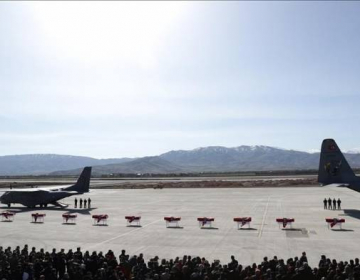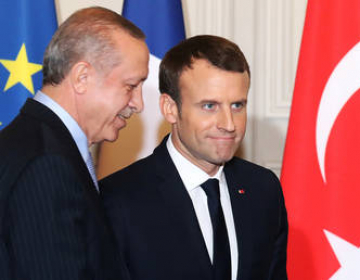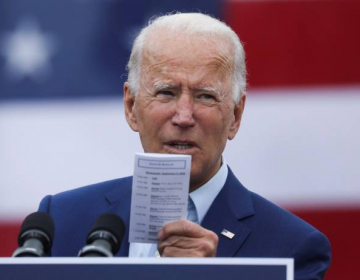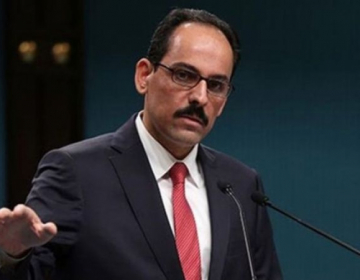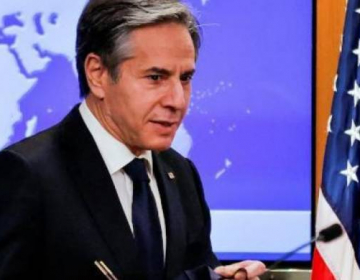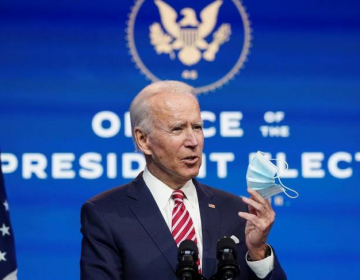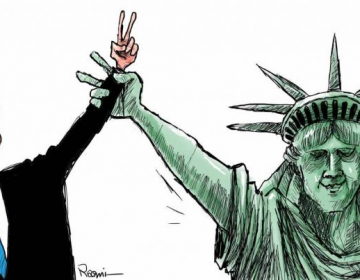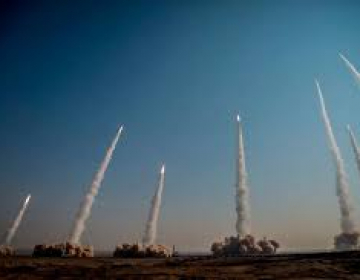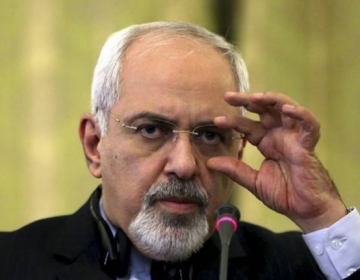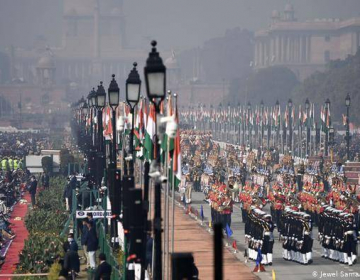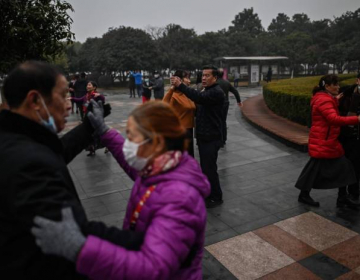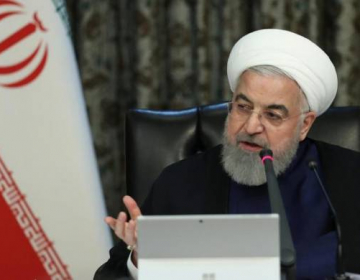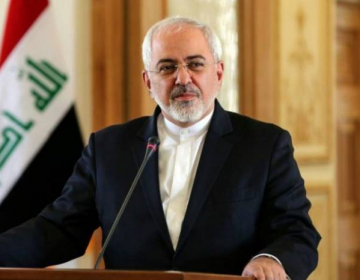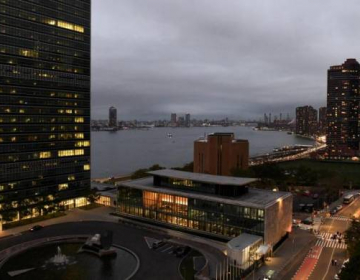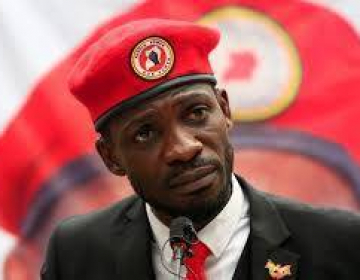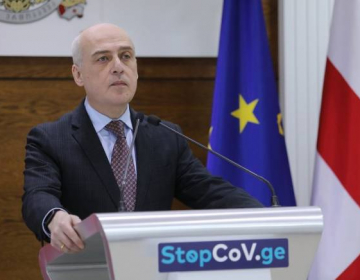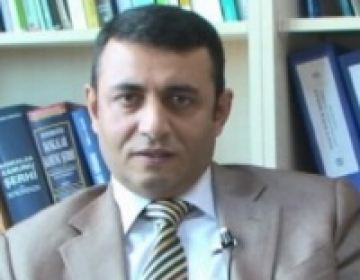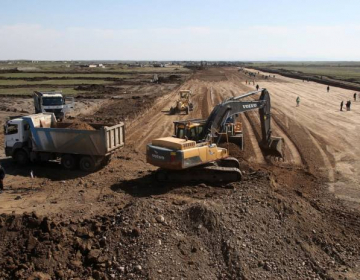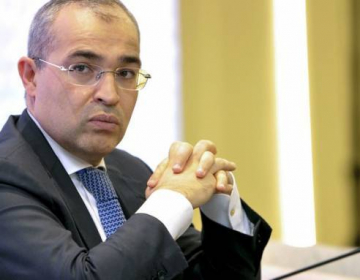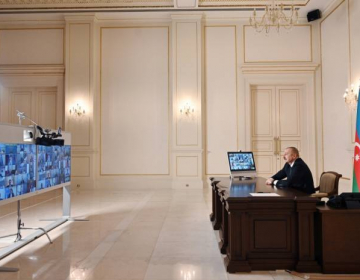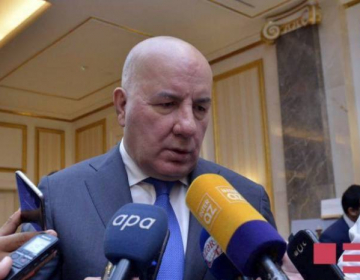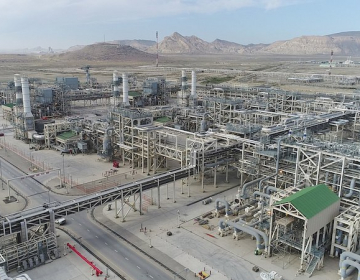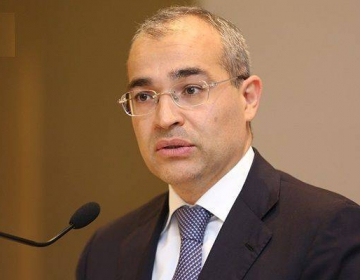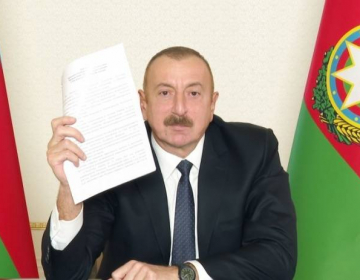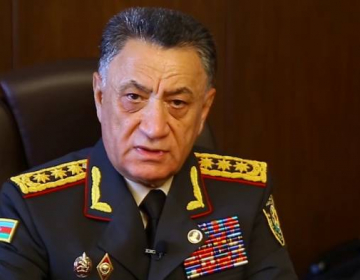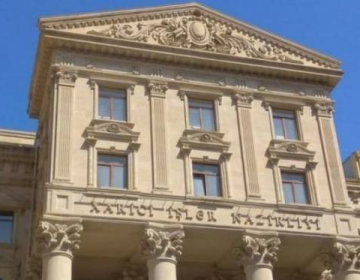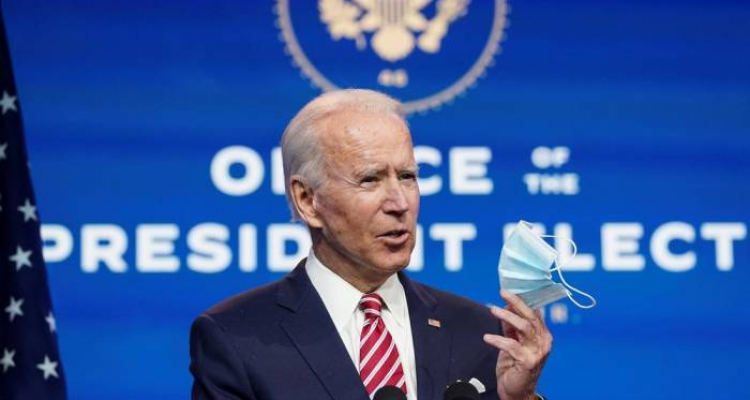by Javier Solana & Eugenio Bregolat
When the time comes to evaluate US President Joe Biden’s international legacy, one variable will be enormously significant: the relationship that his administration forges with China. Sino-American competition has become the main global geostrategic issue, but its terms are far from being irrevocably defined. Despite their obvious rivalry, the United States and China must try to understand each other, and Biden will certainly act with greater skill, responsibility, and broad-mindedness than his predecessor. This is just as well, because global peace and prosperity in the twenty-first century will depend on the quality of the world’s most important bilateral relationship.
US-China cooperation is indispensable in resolving major global challenges, from the latent risk of a nuclear holocaust to climate change, international terrorism, the proliferation of weapons of mass destruction, and pandemics. At the same time, competition is unavoidable – and even welcome – in trade, technology, space, sports, and many other fields.
For such a complex relationship to work well, both powers must agree on a common set of rules, instead of trying to impose their own unilaterally. Identifying multilateral channels that could revive the World Trade Organization and the World Health Organization is particularly urgent. Another priority is to establish cyberspace norms that would prevent massive electronic-piracy operations like the recently discovered SolarWinds hack in the US, which appears to be the work of Russia.
A relationship built on cooperation and competition must exclude the open confrontation sought by Trump and his hawks. Caricaturing China as an existential threat, the Trump administration launched a tariff and technology war that the Chinese government inevitably fought blow for blow. In an open letter published in 2019, 100 leading US foreign-policy and security experts worried that treating China as if it were an enemy destroys strategic trust and paves the way to its becoming one. As Jake Sullivan (Biden’s national security adviser) and Kurt M. Campbell (the designated White House coordinator for the Indo-Pacific region) warn, this vicious circle might very well end in catastrophe.
That danger recalls one of President John F. Kennedy’s most memorable speeches, just five months before his death in 1963. Having seen how the previous year’s Cuban missile crisis brought the world to the edge of an existential abyss, Kennedy became convinced that competing peacefully with the Soviet Union was a categorical imperative. Drawing on fundamental notions of human solidarity, he spoke of peace as “the necessary rational end of rational men.” As Kennedy well knew, “mutually assured destruction” is not an absolute guarantee of peace if leaders take the path of confrontation. Although today’s situation is very different from the Cold War, the US and China should take note and find a modus vivendi before a new abyss appears.
In this regard, it is vital that US promotion of democracy and human rights – on which Biden is wise to insist – is carried out in a calm, consistent, and sensible manner. Efforts to safeguard liberal democracy are essential, as are those aimed at preventing serious human-rights violations. But this is different from trying to impose values or enforce conduct through “regime change,” as some senior Trump administration officials seemed to favor with respect to China. Moreover, the US will not demonstrate real commitment to these values by wielding them opportunistically or selectively, as occurred during Trump’s presidency.
In his splendid 2011 book On China, Henry Kissinger, the former US secretary of state and national security adviser, details the Sino-American rapprochement that he helped to forge a half-century ago. Kissinger recalls that in 1972, during the first trip by a US president to communist China, Richard Nixon told Chinese Prime Minister Zhou Enlai: “We know you believe deeply in your principles, and we believe deeply in our principles. We do not ask you to compromise your principles, just as you would not ask us to compromise ours.” Kissinger adds: “If adoption of American principles of governance is made the central condition for progress in all other areas of the relationship, deadlock is inevitable.” This conclusion remains no less valid today.
The best way for America to promote democracy and human rights is to lead by “the power of our example,” as Biden underlined in his inaugural address. That will require the US to repair the domestic damage caused by Trump – which culminated in his incitement of the violent insurrection at the Capitol earlier this month – and restore the values of civil coexistence. Doing so would enable America to regain the “soft power” that has historically represented one of the main pillars of its international influence.
Likewise, Biden is aware that it is counterproductive to force other countries to choose sides between the US and China, as Trump occasionally tried to do. Most countries today depend on both superpowers either economically or in security terms, so they prefer to steer clear of disputes and explore compatibilities.
Although China’s Asia-Pacific neighbors hope that the US will retain its regional presence, they and China recently signed the hugely important Regional Comprehensive Economic Partnership – the world’s largest free-trade agreement in terms of population and GDP, and the first ever to include China, Japan, and South Korea. The European Union, meanwhile, has already developed an ambitious agenda for collaboration with the Biden administration that is fully compatible with exercising its “strategic autonomy.” At the end of 2020, the European Commission did just that by concluding a comprehensive investment agreement with China.
The US-China relationship is “too big to fail.” Because continued deterioration would bring unacceptable risks for them and the entire world, both countries should seize the opportunity to put relations on a new footing. The framework for peaceful coexistence that Biden and his team hope to find will require maintaining a fine balance between principles and realities. To be sure, combining competition with cooperation will not always be easy, but the new US administration is perfectly capable of passing this critical, era-defining test.
Javier Solana, a former EU high representative for foreign affairs and security policy, secretary-general of NATO, and foreign minister of Spain, is President of EsadeGeo – Center for Global Economy and Geopolitics and Distinguished Fellow at the Brookings Institution.
Eugenio Bregolat, a former Spanish ambassador to China, is an EsadeGeo Senior Fellow and the author of The Second Chinese Revolution.
Read the orignal article on project-syndicate.org.
pia.az





